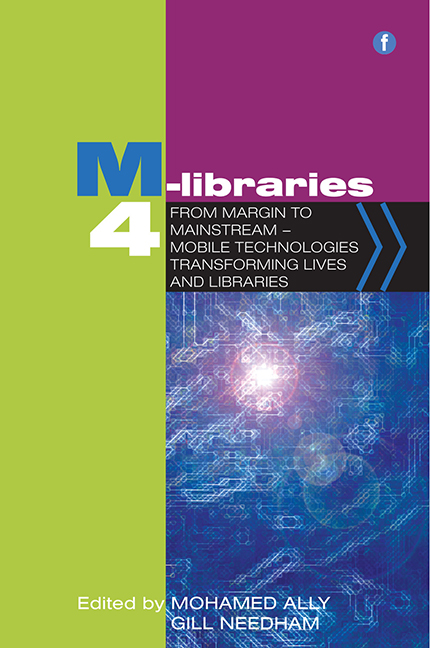11 - An education in privacy: best practices for academic libraries in the age of social media
Published online by Cambridge University Press: 10 September 2022
Summary
Introduction
Throughout North America and the western world, institutions of all descriptions are finding that a digital, mobile, social media-savvy presence is not optional. Across demographics, people are embracing mobile technologies in all aspects of their lives. Academic libraries ignore this reality at their peril. They risk becoming seen as obsolete, and they risk losing user engagement.
On the other hand, embracing mobile technologies is not without risk. Financial investment in any new services or technologies is fraught, especially when many libraries are seeing their budgets slashed. The learning curve of new technologies can seem steeper with each passing year. There are also more abstract risks – these include fears about user privacy, about responsible use, about the fate of information literacy. Sometimes these risks are poorly understood, or seen as inevitable. In other cases, the risks are used as excuses to forgo mobile technologies altogether, or reasons to limit mobile technologies in ways that render them unusable.
Benefits and risks
If the adoption of mobile technologies in academic libraries is inevitable, so too are the implications of the risks involved. Academic libraries are an ideal locus for the adoption of pedagogical and social mobile technologies; so too are they ideally suited for educating university students about privacy issues and social media.
In academic libraries, institutional policies abound which address privacy concerns with regard to client information, patron records or Google analytics and other statistics-tracking software. These tend to be rather dry, hidden away in fine print on a library's website and not too likely to be accessed by the average student. As such, while they may constitute due diligence on the part of the library, they might not reach students in a relevant way.
When my institution, the University of Regina Library, began to embrace social media and mobile technology as ways to promote library use and even to provide library service, I was initially thrilled. For one thing, it brought the Library in line with current trends – in 2010 the Association of College and Research Libraries (ACRL) identified the ‘explosive growth of mobile devices and applications’ (ACRL, 2010, 288) as a yearly top ten trend, so we were adopting these technologies at the cusp of their eruption into mainstream academic discourse; the ACRL's list of 2012 top trends includes ‘mobile environments’ (ACRL, 2012, 314), suggesting that this ‘trend’ has staying power.
- Type
- Chapter
- Information
- M-Libraries 4From Margin to Mainstream - Mobile Technologies Transforming Lives and Libraries, pp. 91 - 100Publisher: FacetPrint publication year: 2014

